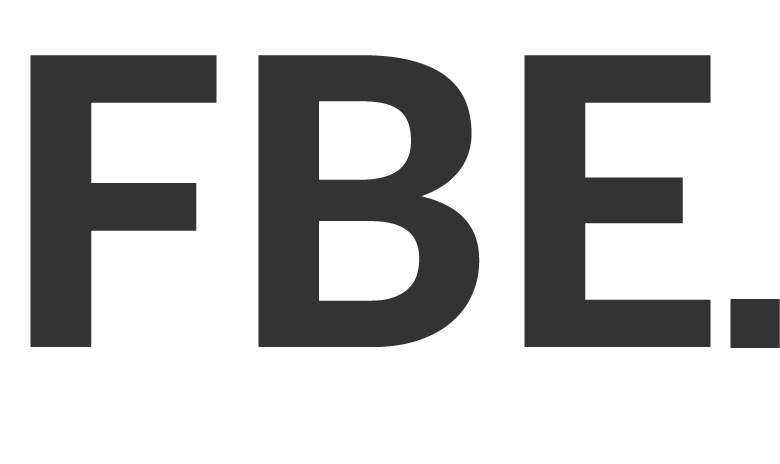Bankruptcy Lawyer
There are many myths and misconceptions surrounding the perception of bankruptcy and what it means for an individual or business. Bankruptcy is a financial tool and although the factors that lead a person or business to file for bankruptcy may be unfortunate, the process is ultimately beneficial for both the debtors and the economy; this truth is commonly overlooked and misrepresented in content written about bankruptcy.
Many Floridian debtors enlist the assistance of a bankruptcy lawyer in Tampa, FL. An experienced bankruptcy lawyer will guide you through the complexities of the filing process, ensuring accuracy every step of the way. Fillers more often achieve the desired result when they seek professional legal assistance from a bankruptcy lawyer, and will help to educate you about the benefits of filing bankruptcy.
Every bankruptcy case is different
Viability of bankruptcy as a solution for overwhelming debt is different for each individual or business. Factors such as total assets and resources, income level, total debt, family size and age, all influence a decision to pursue bankruptcy for debt relief and forgiveness. These factors are all considered and influence the decisions made when filing for bankruptcy.
Debtors often lose nothing in bankruptcy cases
Chapter 7 bankruptcy is often described as “liquidation bankruptcy”, implying that debtor assets can be liquidated, counting as repayment toward outstanding debt. Most debtors maintain the majority of their assets; exemptions laws protect assets from creditors claims. For example, the personal property of a bankruptcy candidate, such as furniture, electronics, and clothes, has little resale value. Such laws vary from state to state.
Debtors with assets can keep their assets through Chapter 13
If a debtor happens to have assets that can qualify for liquidation under Chapter 7, they may choose Chapter 13 bankruptcy, in which case the debtor proposes a payment plan that would give creditors the value their assets would yield under Chapter 7.
The debtor-creditor power shift
Bankruptcy shifts the edge from the creditor to the debtor and their representation. After claiming bankruptcy, legal action can not be used as leverage against a debtor. Laws dictate a shift in precedence which if debts are paid in full, a federal judge can enforce an automatic stay that halts actions of collection by creditors against a debtor. Creditors being bound by bankruptcy laws rendering them unable to impose further notice of collection.
A bankruptcy lawyer from Caroline Secor, P.A. will help you meet specific bankruptcy requirements and help ensure you are providing accurate information with the central goal of achieving an outcome that is in your favor. Contact a lawyer that specializes in bankruptcy claims if you are considering filing for bankruptcy.
